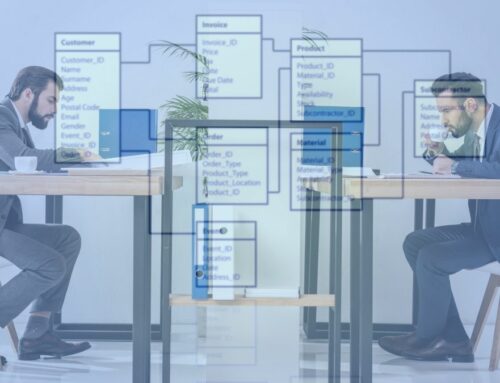
We’ve recently seen an increase in customers asking questions about upgrading to this version. So, with that in mind, let’s take another look at SE2.
Oracle has always offered a database option for small and medium sized businesses with Oracle Database Standard. When compared to Oracle Enterprise, the cost savings alone made it the obvious choice for targeted users.
Customers using Standard Edition 1 (SE1) should be aware that this version is no longer supported. For customers using other versions, they may be seeing limitations on performance and limited processor capability.
Oracle says that SE2 is:
- An affordable, full-featured database
- Built for ease of use, power, and performance
- Available on servers supporting a maximum of two sockets
- Optimized for small business
- Zero-cost license migration from either SE or SE1
SE2 vs. Enterprise Edition
It’s important to understand the differences between Oracle’s two types of databases.
SE2
This version is the small business edition. It is scalable as your business grows. However, you should be aware of possible licensing requirements when changing from one version to another.
Affordability is a hallmark of this version. Prices range from $700 to $17,500. Though it has a maximum support of two sockets, this is typically a good option for small and medium sized businesses.
Enterprise Edition
For those businesses needing greater scalability, Enterprise Edition will be the better choice. This version is available on single and clustered servers. There is no socket limitation.
Cost is a consideration with this version, as prices range from $4,750 to $47,500.
Migrating from SE1 to SE2
As Oracle moves forward with SE2, customers may have questions about migrating from their old edition to the new. Oracle says they expect this to be a seamless process. Though, as with any new database, delays or challenges may arise. It is important to fully understand the transition, and how it will affect your business before the migration.
We at LSG Solutions look forward to speaking with you and working with you through this change. Please contact us with any questions or simply to discuss your options.
No tags for this post.





Leave A Comment